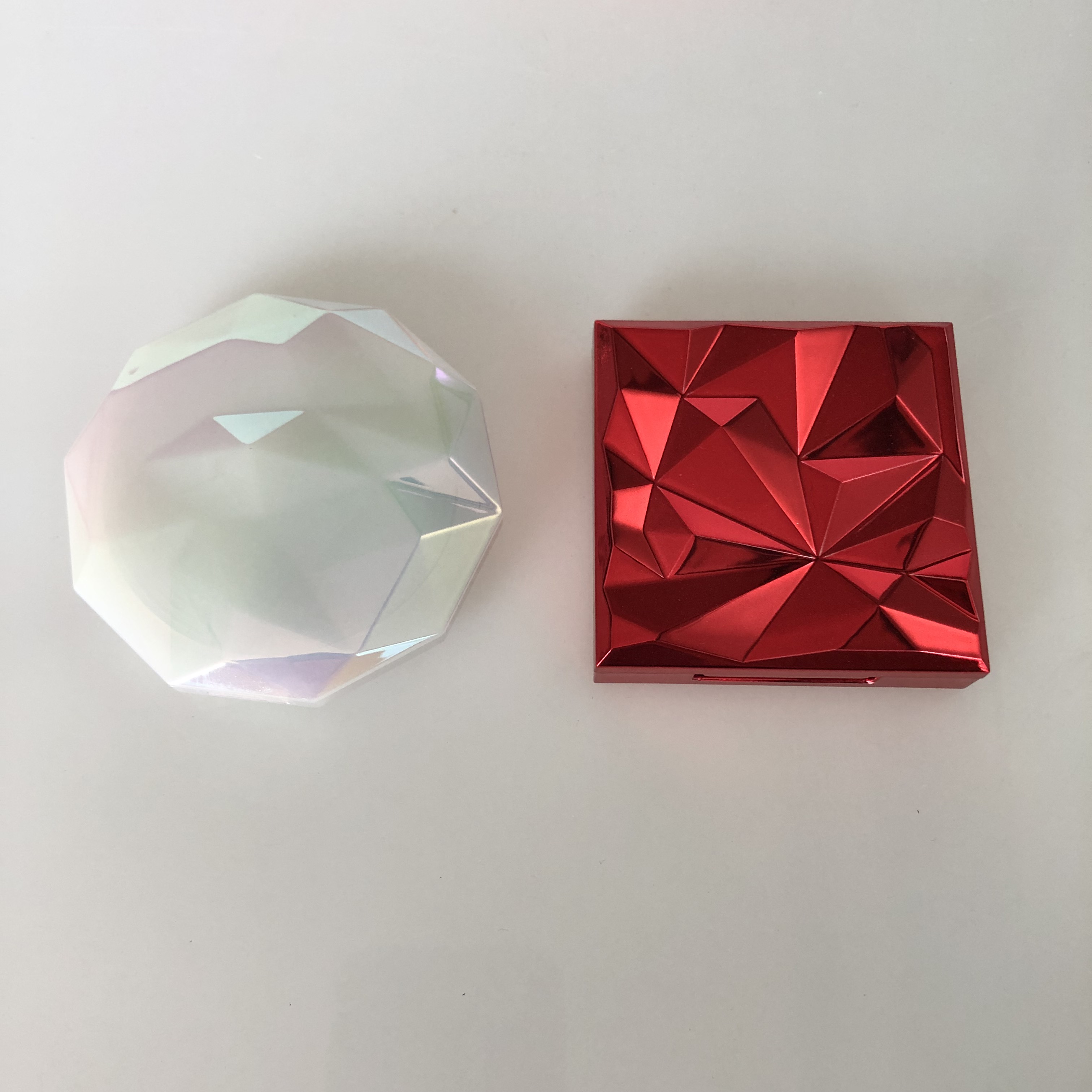Large size can be filled with more powder. It also can change to any color and Surface Treatment, like rubber, UV spray, plating. the parts of plastic injection will be assembled together in our assembly workshop. We finish the molding, injection, surface treatment, assembly, packing in house, so it is good for us to control the quality and timing for our client. And it also can save the transportation cost for clients.
Surface Treatment,Abnormity Compact Packaging,Diamond Polygon Compact Case,Polygon Compact Case DongGuan LongTen package Products Co. Ltd , https://www.longtenpack.com
For the classification of rock features under complex geological conditions, the factors considered are not only the physical and mechanical properties such as the strength of the rock. Moreover, various factors such as rock structure type, fracture, joint, development degree of the fracture, characteristics of the filling, water content of the rock formation, etc., should be comprehensively considered. In order to make the project practical and simple, and easy to select the construction plan, the rock layers under complex geological conditions can be divided into four types:
A weakly expanding rheological rock mass is weak or soft and hard. Its solidity coefficient is generally f≤3 , and the structural surface is poorly bonded. It is mostly argillaceous shale , schist, phyllite, argillaceous slate, etc. When the rock mass is rich in clay minerals such as montmorillonite, illite, kaolin , chlorite, etc., the water will expand, and the roadway will exhibit obvious side bulging under the rock.
In this kind of rock, the roadway is dug, and it is generally necessary to carry out secondary support or multiple support.
B. The loosely fractured rock strata are developed by fractures and other geological failures or joint fissures. They are criss-crossed and criss-crossed. The rock mass is cut into pieces, and they are not cemented or poorly cemented. It is easy to form loose bodies after excavation. The self-stability of such rock formation is poor. No support, exposure is generally no more than 1~2.5m , exposure time is not more than 8~24h .
C water layer and flowing sand
When the fractured rock and glutenite contain water, their stability decreases sharply with the increase of water content. When the rock layer is rich in water, the glutenite layer can form flowing sand. In the construction of roadways in such rocks, it is generally necessary to carry out drainage or take special measures.
D. The roadway in the subsidence area has been in disrepair for a long time, or the ground pressure is very large, the roadway bracket is damaged, the roof is collapsed, and when the roadway passes through the loose broken belt, improper measures are taken, causing a large amount of collapse of the working surface, which will seriously affect the construction section. Special measures must be taken before they can pass safely. 
Type characteristics of complex geological conditions
Roadway construction under complex geological conditions is very difficult, which has a serious impact on construction speed, engineering cost and construction safety. For the different types of rock formations, choose the appropriate combination of excavation and support and the correct combination of the two.